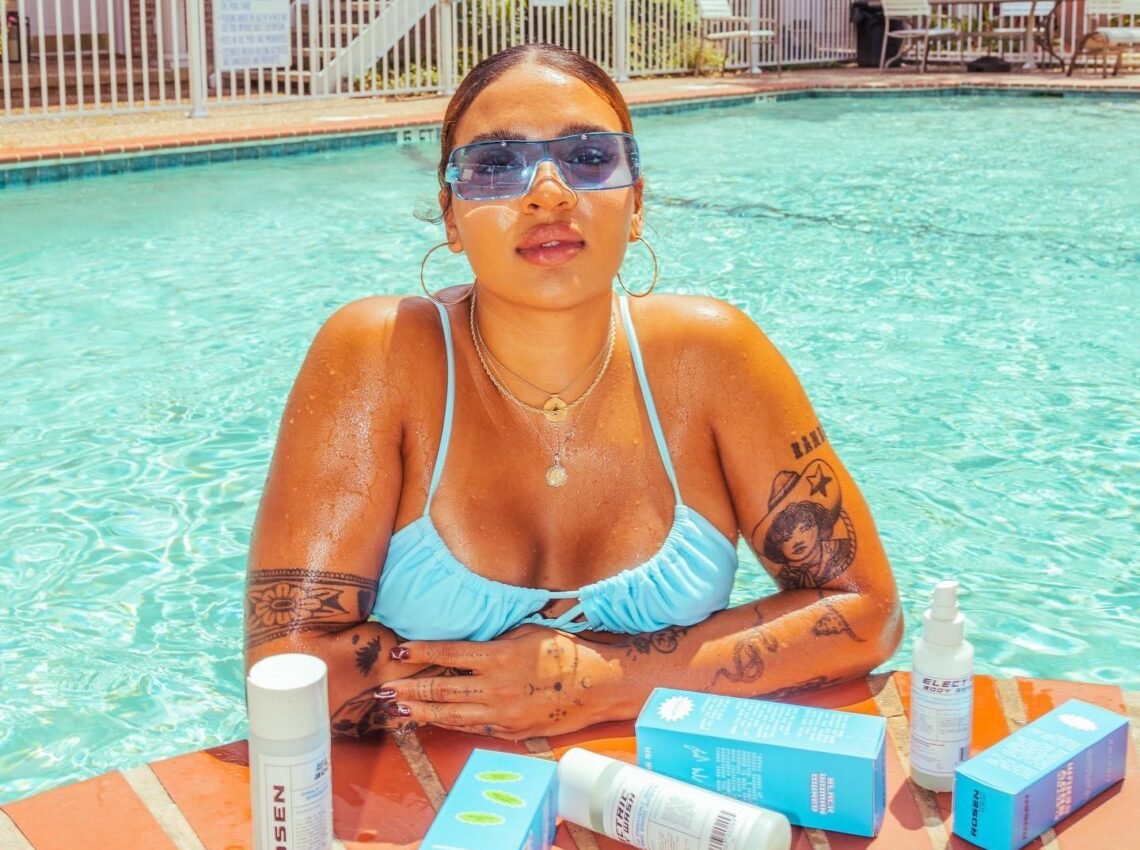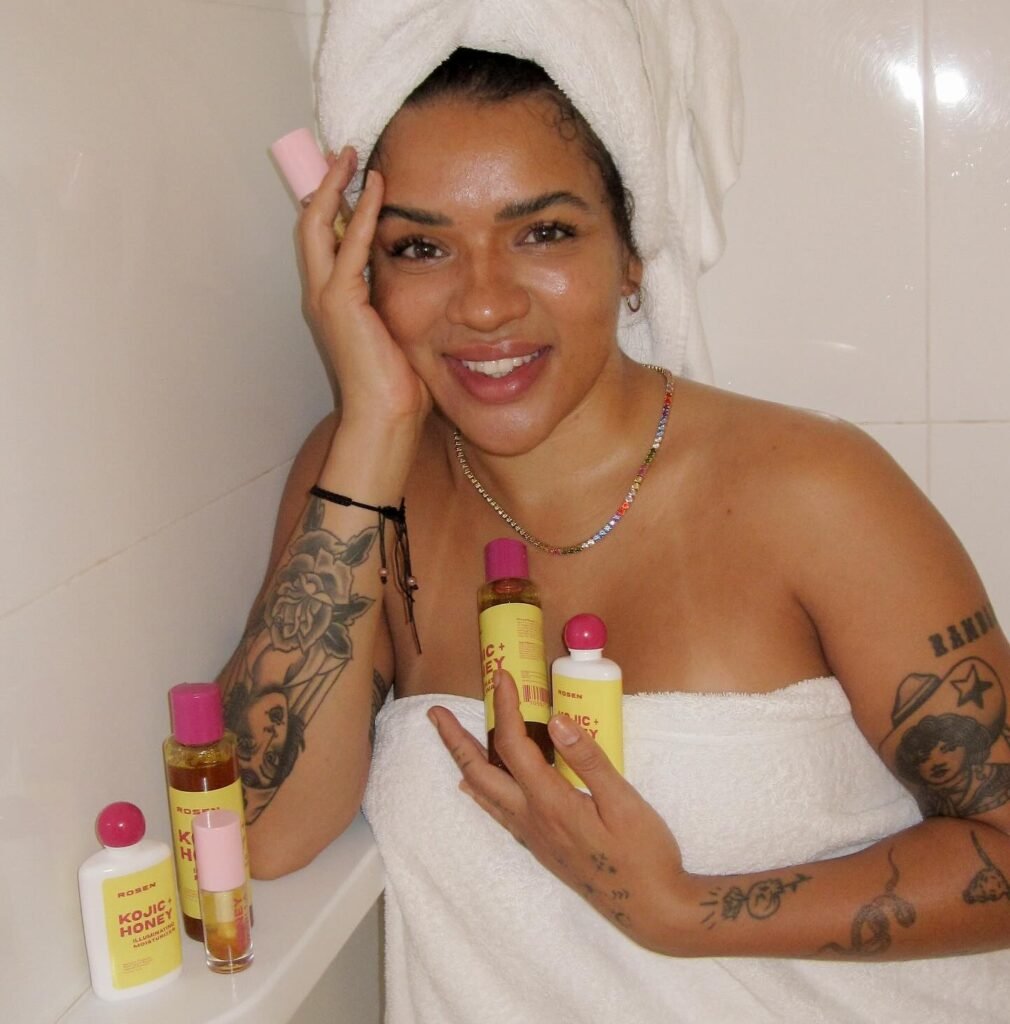Jamika Martin Launches Flora Studios to Power Next Wave of Beauty Products

Jamika Martin, the founder of ROSEN Skincare, has proven to be a builder. She built her first brand from the ground up, formulating acne care products and scaling to major retailers like Ulta, earning millions in revenue without traditional VC funding. But her latest move, the launch of Flora Studios, is less about her next big brand and more about creating a better foundation for others to build theirs.
Launched earlier this year, Flora Studios is a formulation and manufacturing company specifically designed to support BIPOC beauty founders. It’s the kind of business Jamika wished existed when she was just starting ROSEN—one that understands the unique hurdles faced by emerging entrepreneurs, particularly women of color, trying to break into product-based industries with limited access, capital, or industry knowledge.
“We’re really trying to stay as accessible as possible and be the stepping stone for these small brands so they can make their way to the 3,000 or 10,000 units somewhere else,” says Martin. “I talk to a lot of these brands who don’t own their formulas, but they want to be able to and take them to different manufacturers.” (Beauty Independent)

Jamika first entered the beauty industry as a problem solver after struggling for years with acne and not seeing herself, or her skin, in the marketing or formulation of traditional skincare brands. In 2017, she launched ROSEN Skincare, focusing on clean, effective products for acne-prone skin, with particular attention to the needs of melanated consumers.
But behind the success, there were operational growing pains, particularly around manufacturing. Jamika began to realize just how limited the options were for small brands that wanted both quality and flexibility. Many contract manufacturers either required large minimums or lacked the cultural awareness to develop products that served diverse audiences. It wasn’t just frustrating, it was exclusionary.
That realization planted the seed for Flora Studios. More than just a manufacturer, it’s a product development partner, formulation lab, and launchpad for early stage and emerging BIPOC beauty brands.
Flora customers have access to low minimum order quantities (MOQs), as low as 500 units, making it possible for brands to launch or test new products without massive upfront costs. Flora develops custom or reverse-engineered formulas with ingredients that meet clean standards. And they aren’t just filling orders, they’re giving founders guidance, transparency, and the tools to scale intelligently.
Transparency is baked into the experience. Pricing is clear. Timelines are realistic. Founders retain full ownership of their formulas. And perhaps most importantly, the team behind Flora reflects the communities they serve.
With Flora, Jamika is solving two problems at once: giving founders a reliable way to bring their products to life, and disrupting a manufacturing industry that often overlooks or undervalues small brands. Flora is a natural evolution for Jamika, an expansion of purpose. ROSEN gave her proof of concept and Flora is her investment into a future for beauty that’s truly representative.
She often emphasizes infrastructure as a tool for equity and has been candid about wanting ROSEN to one day have a successful exit, not to cash out, but to redirect capital into expansive investments in the ecosystem: grants, funding, operational tools. Flora Studios is the first of those tools.
She sees the company not just as a service provider, but as a platform for building intergenerational wealth and independence. In an industry where many founders are forced to give up large chunks of ownership to survive, Flora offers an alternative: build smart, keep your equity, and grow on your terms.
As diversity becomes less of a trend and more of a baseline expectation, brands like Flora demonstrate what real inclusion looks like, not just in branding, but in backend systems and supply chains.
